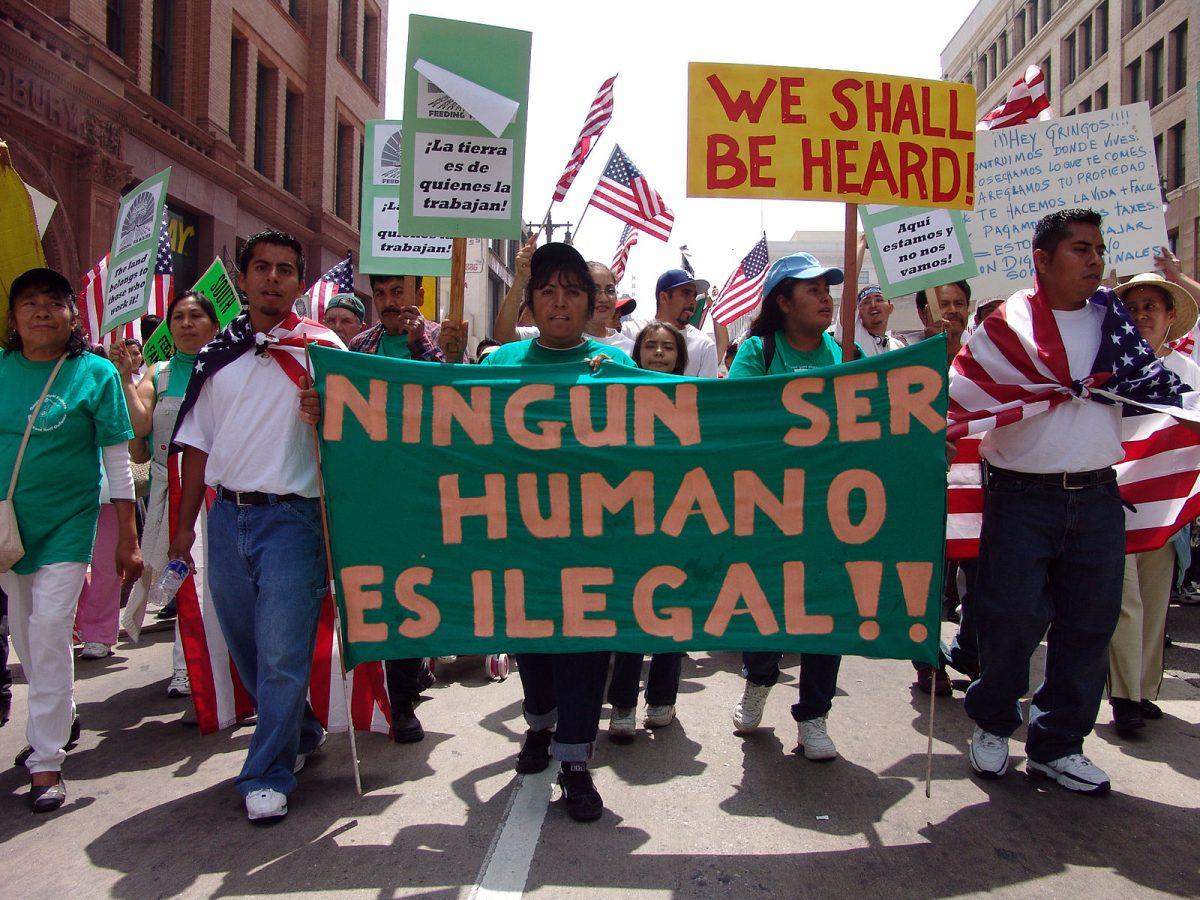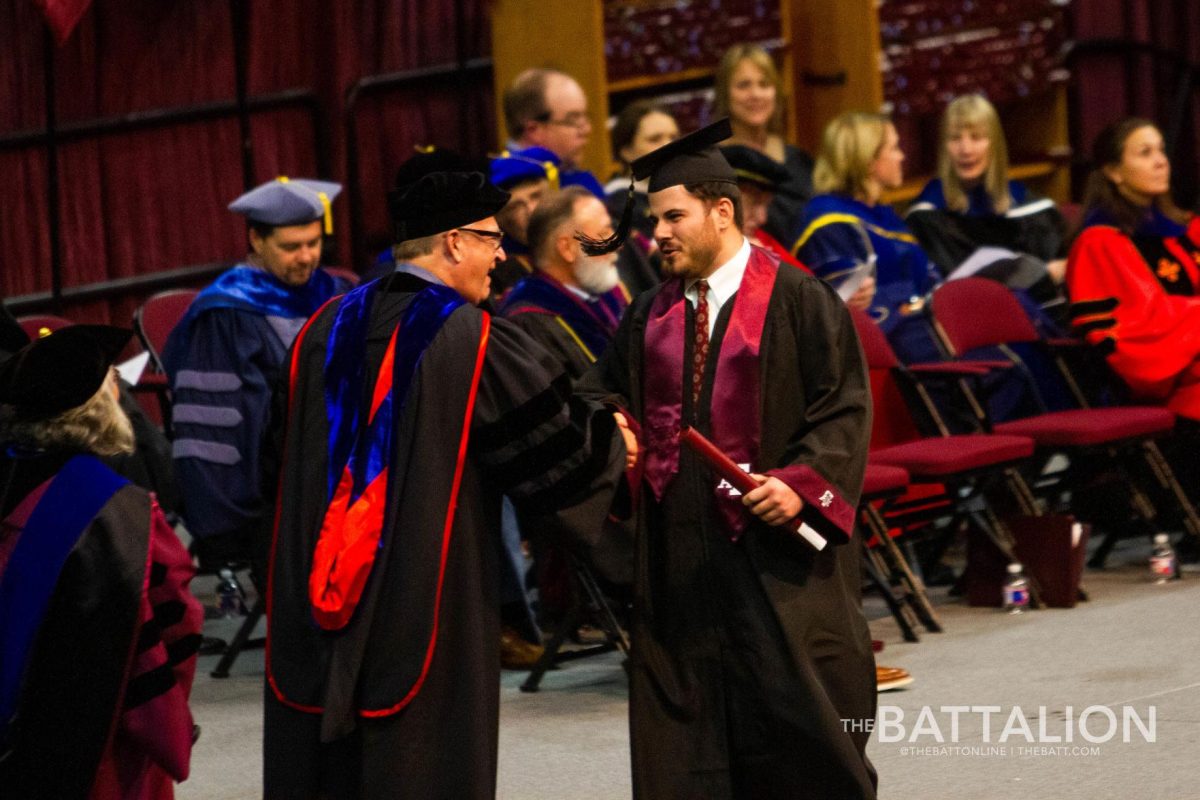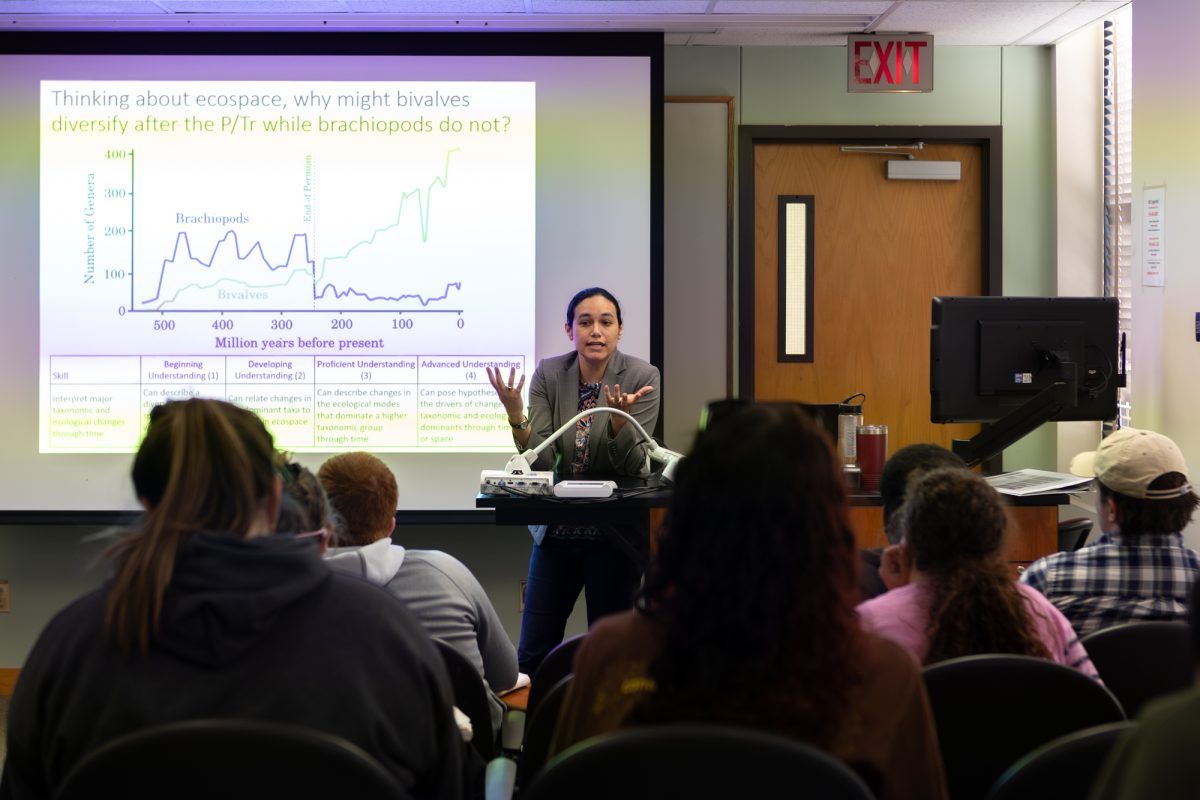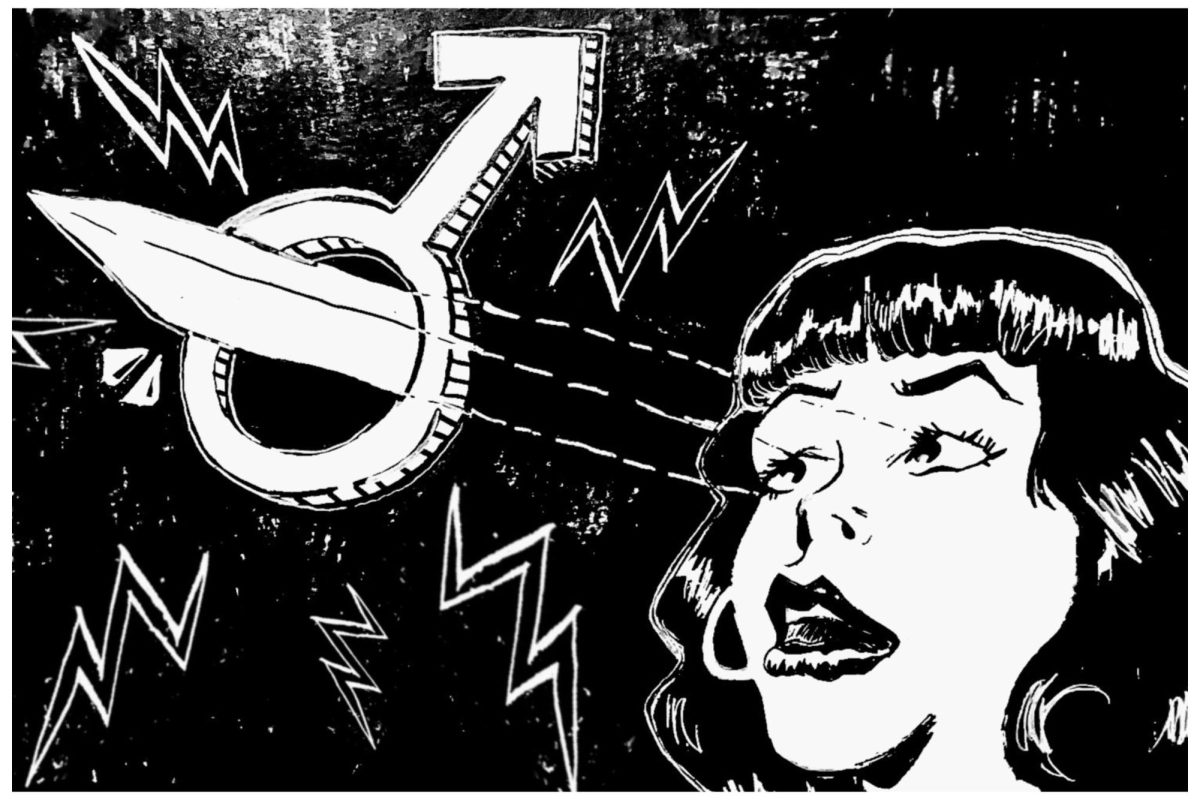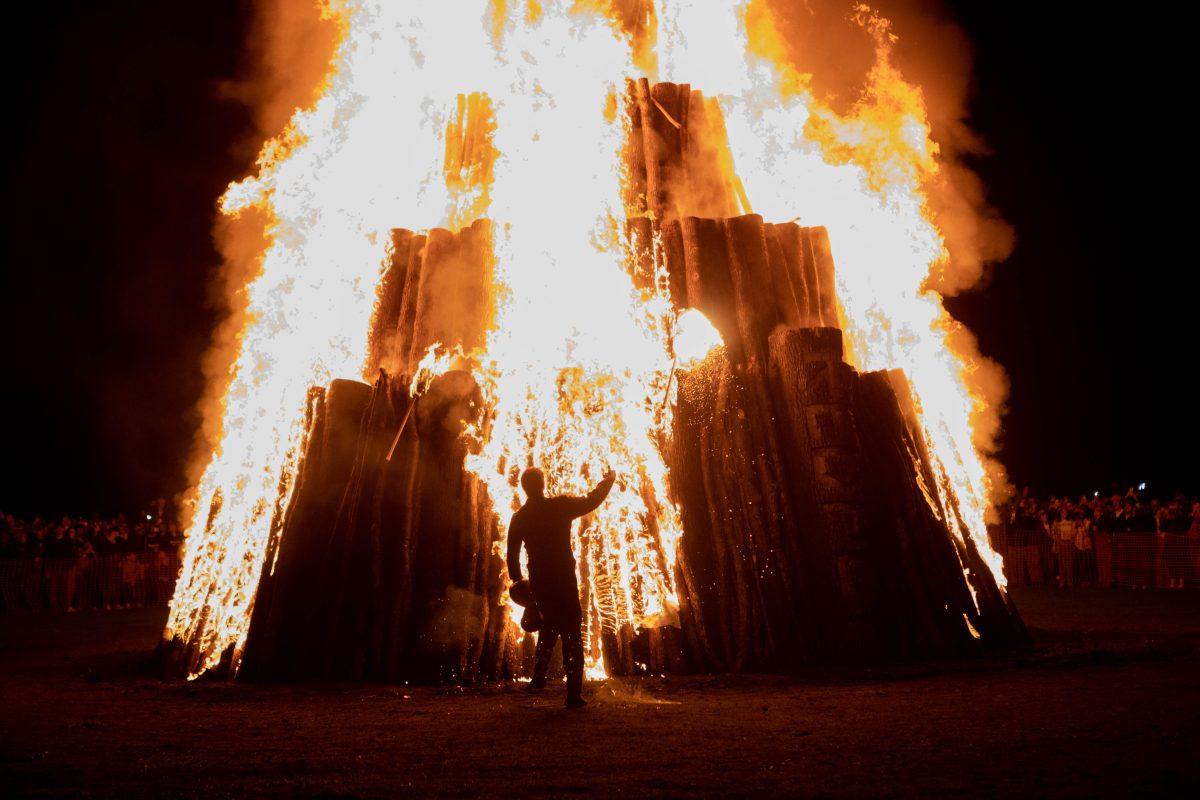“Give me your tired, your poor, Your huddled masses yearning to breathe free, The wretched refuse of your teeming shore.” — Emma Lazarus, “The New Colossus”
These words, inscribed at the base of the Statue of Liberty, are almost over-quoted, but for good reason — they have long represented America’s character as a nation of immigrants, exiles and opportunity-seekers.
The United States today is rife with problems. Labor shortages, family separation at the border and the decline of American manufacturing are just a few among them. These issues stem from the same root of ineffective nativism, which pits those born in the country against perceived outsiders. The solution to our ills starts with America’s favorite word — free.
The free movement of labor and decriminalization of border-crossing is the solution.
This policy is neither far left nor radical. For most of U.S. history, it was de facto practice. It currently operates successfully in the European Union and in-part built the United States’ prosperity in the 1950s and 1960s.
America needs a shot in the arm, and what better than a tried and true method? The U.S. has relied on mass exploitation of labor since its founding, like slavery. It’s not pretty, but it’s the truth. 300,000 American jobs are outsourced to countries like China every year. Growing U.S. prison labor and the freelance and gig economy also emerged from the need for cheap production and services.
Deals like the North American Free Trade Agreement and the United States-Mexico-Canada Agreement dealt a blow to American manufacturing. These pacts benefit massive international corporations that provide cheap goods, but they have contributed to the loss of American manufacturing jobs. Replacing or supplementing these deals with a free movement agreement would revitalize American industry and bring back American jobs. Currently, manufacturing jobs that were once in the United States are now filled by workers in different countries, primarily in Asia and Latin America. By allowing migrant workers easier access into the United States, we can incentivize the return of American industry with manufacturing jobs that are often not filled by American workers due to differences in education, skillset and perceived value for that kind of work. The worker has suffered because of interference with the natural movement of labor.
The Reagan Administration set a precedent for tighter border security. Under former Presidents Bill Clinton, George W. Bush, Barack Obama and Donald Trump, mass deportations and child separation became standard policy. These changes in policy sparked many of the labor and immigration issues that we face today. President Joe Biden similarly chose to embrace “rocket dockets” but leaves room for optimism with some positive immigration reform. Increasing the number of seasonal guest workers allowed into the country is a start, but it still ignores the fundamental problem of criminalized migration.
Over the past few decades, immigration has become a sensational issue. Conservative pundits describe “hordes” of illegal immigrants coming to steal Americans’ jobs, only for those same jobs to be outsourced overseas. The U.S. can not let self-destructive fear-mongering dictate policy. America’s first major criminalization of movement across our southern border occurred when the Ku Klux Klan was at its peak — this isn’t a policy that’s designed to work.
Stricter border controls have lead to a larger undocumented population because seasonal workers are less likely to return home. Since 2007, visa overstays have made up a larger portion of the undocumented population than border-crossers. As of 2016, two-thirds of undocumented immigrants have resided in the U.S. for over a decade. Despite a decline, illegal immigration has only become more of a wedge issue in recent years.
The benefits to decriminalizing border-crossing are extensive. If China’s economic boom is any indicator, America would make trillions in increased manufacturing and money saved on organizations like Immigration and Customs Enforcement. The human smuggling industry would be stopped dead in its tracks, and previously undocumented migration could be regulated and documented at legal points of entry. Decriminalization would be a major blow to drug cartels and organized crime, helping to stabilize all countries involved by not forcing migrants to enter the country through illegal channels. There’s also reason to assume more than some of them are good people, evidenced by how undocumented immigrants commit less crime than U.S. citizens.
Numerous studies also show that immigration doesn’t hurt most Americans’ wages. In fact, it causes them to increase. Immigration is beneficial for the economy, increases education among the workforce and is an overall positive for the American worker.
Today, undocumented immigrants only make up three percent of the U.S. population, but are 18 percent of the essential workforce. Migrants of all kinds have always been vital to the success of our nation. As the U.S. population’s growth declines year after year, we need immigration to sustain our growing workforce. Allowing seasonal workers to work in the U.S. and encouraging them to eventually stay and further contribute to the economy should be a no-brainer. Instead, Americans have been fed the lie that others must suffer for us to prosper. A rising tide lifts all ships, a more unified and prosperous Pan-America is possible, but this is an idea that can only be built from inclusion and opportunity.
Zachary Freeman is an anthropology senior and opinion columnist for The Battalion.

















